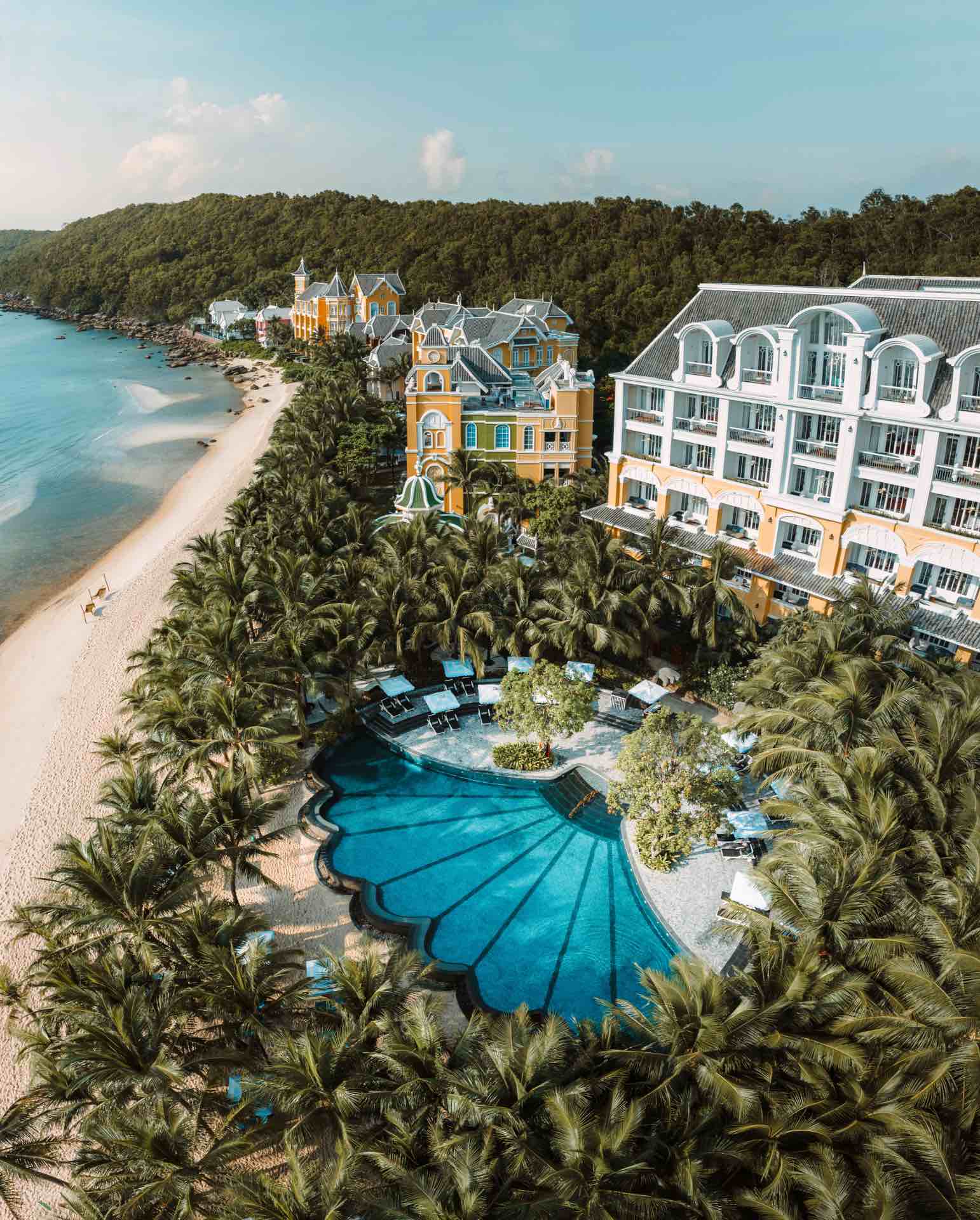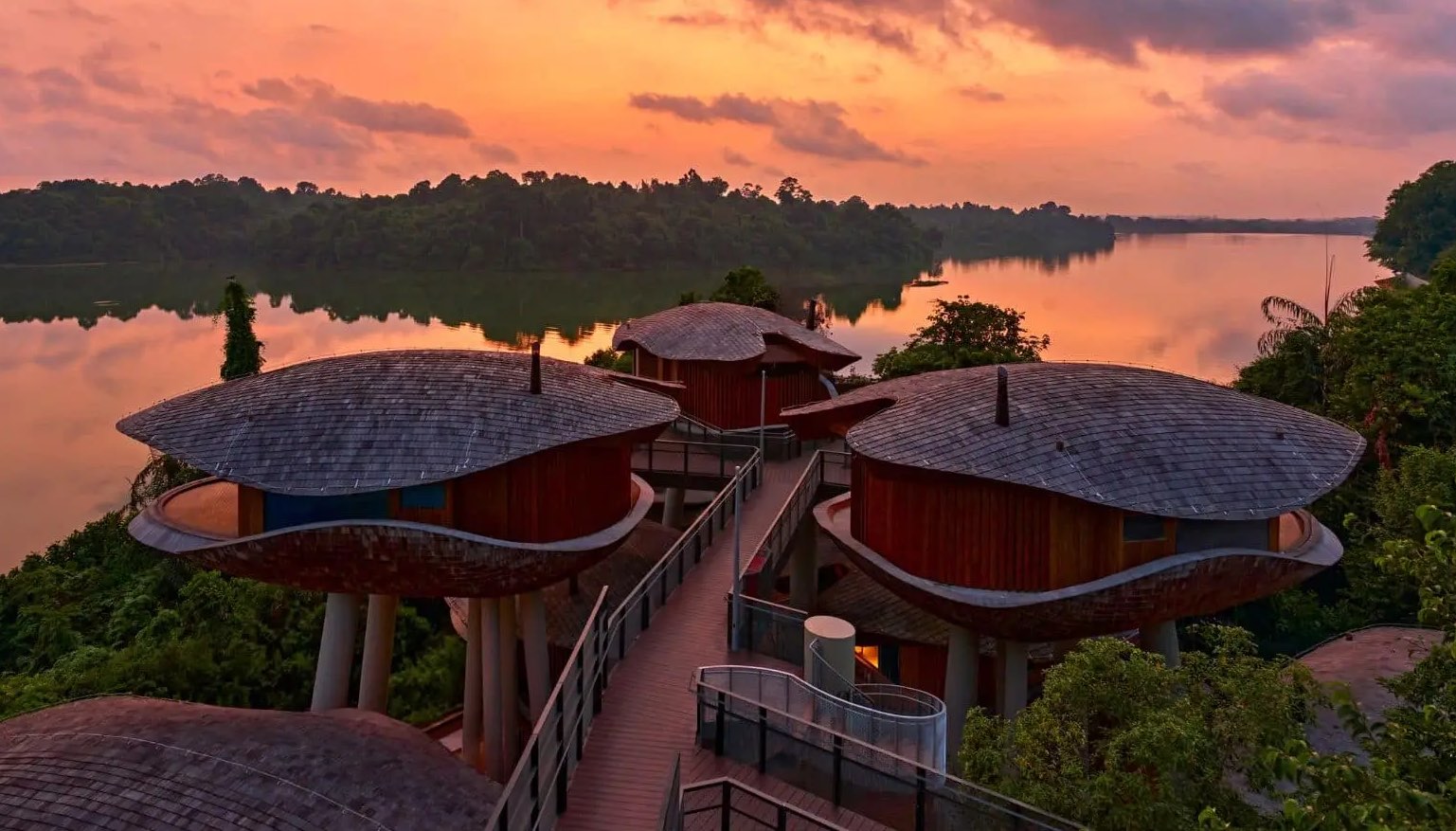Where did the idea for the LPHM come from?
It really was a question of “why isn’t there one already?” Bere Olmedo, who works in the Amantaka in Luang Prabang, and I both ran the Angkor Wat Half Marathon in 2011. When we bumped into each other in Luang Prabang last year, the question just naturally came up, but instead of thinking that someone else would do it eventually, we just thought we should give it a go ourselves. It’s also such a beautiful place it would be great to visit with a group of friends. One of the best ways to get everyone in one place at the same time is to do an event—and a destination race is great for that.
Why make it a charitable event; and how did you choose this charity?
It had to be a charitable event, right from the very beginning. While the town Luang Prabang itself isn’t “poor”, it isn’t rich either, and the area around it has some of the lowest GDP in Asia. It felt wrong that we could even consider coming to such a beautiful place, enjoy the hospitality of the town, and leave very little behind us. It’s something really tangible that runners can see every time they go back.
Personally, one of the motivations was to see if we could create a new business model for destination races. If you add up the amount of money that gets spent on the tourism around a destination race, it can be huge, but often only a fraction of that stays in town. The amount that reaches the people who need it can be even smaller—we’re talking about a lot less than 1% of total runner-spend. Maybe 0.1 or 0.2%. I think that’s wrong, so I wanted to see if I could do something to change it.
So far it seems to be going well, and although we might have a lot more runners by now if we’d used a different model, I think we’d have raised a lot less money. We chose to partner with NGO Friends International after a lot of searching. We like that they set up sustainable enterprises that don’t require constant funding and that they provide vocational training, which is one of the most effective ways of helping people at the bottom of the pile. The idea of a training restaurant matches Luang Prabang perfectly, as there is already demand there for trained staff. Friends was voted one of the top 100 NGOs in the world earlier this year too—which helps confirm that it’s not just us that thinks they do a great job.
What is it about LP that, in your opinion makes it so special?
Where can I begin? Maybe it’s the alms procession every morning. Hundreds of Buddhist monks and novices walk all the way around town in a long orange line to receive their day’s food from the local people. It can be a bit of a tourist scrum in places, but away from those, down the back streets, the procession continues and is a genuinely touching and dignified tradition. It’s another reason our run had to focus on charity, because the town itself is so focussed on charity at the start of every day. But then there are the 800-year-old temples, the cafes, the architecture, the Mekong, the perfect view around every corner, the unspoilt nature of everything around you, the stillness, the quiet, the charm…The best perk of my “job” organising the race is that I have to go back there a lot!
Anything in particular runners should know about the course and conditions in advance?
The course goes around the UNESCO World Heritage site, passes countless ancient temples, will probably pass the monk procession at some point, and hugs either the Nam Khan River or the Mekong for half of the 7km loop—so it will be beautiful. I think it may well be one of the most beautiful race loops you’ll find anywhere in the world. I know that’s a big claim, but LP is that special a town.
The Luang Prabang Half Marathon (LPHM) is on October 5.





